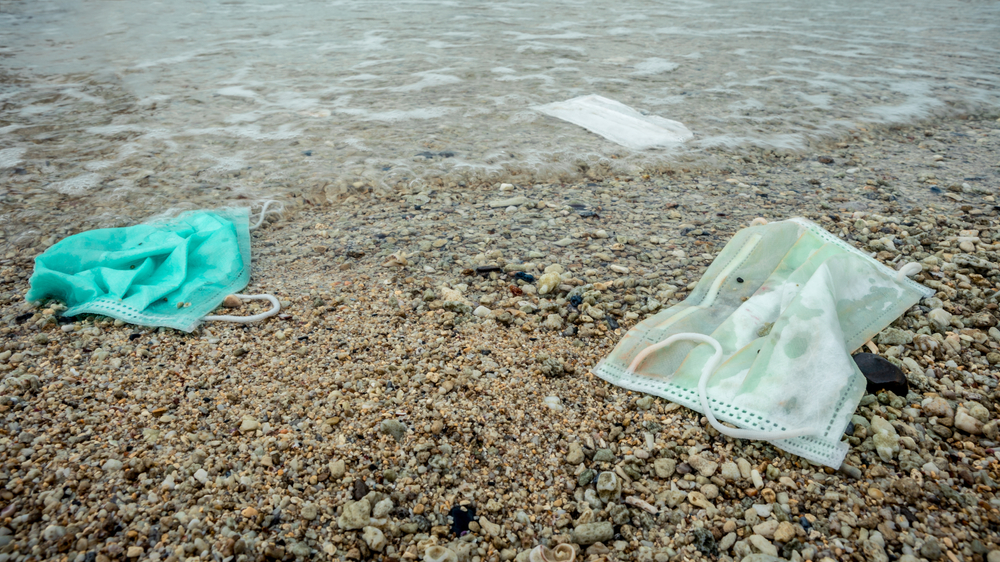
29 Jun The Numbers Don’t Lie: We Need To Fight Plastic Waste Now More Than Ever
According to reports, there is currently 5.25 trillion macro and micro pieces of plastic plaguing our once thriving oceans. With numerous headlines alerting us to the atrocities of plastic filling our precious ocean waters, the time to change and act is now.
At least eight million pieces of plastic enter our oceans everyday creating havoc for marine life and its ecosystem.
Not only are the crystal blue waters home to 97% of the planet’s water but they play a big role in assisting the planet absorbing carbon dioxide and regulating our climate.
The use of plastic is causing irreparable damage to our oceans with more than 100 000 marine animals killed each year by plastic waste and pollution.
Whether it is plastic bottles, cups or straws there is no denying that the oceanic environment is littered with plastic. A study conducted by the Ellen MacArthur foundation in partnership with the World Economic Forum has indicated that by 2050 the amount of plastic in our oceans will outweigh fish and that it will contain at least 937 million tons of plastic.
Contrary to popular belief, reports indicate that 79% of plastic waste globally is dumped at landfills or the oceans with a mere 9% recycled. Even when the waste is dumped at landfills it finds its way back into our oceans, floating down our drains and entering our rivers as it makes its way into the ocean.
It is up to us to make a difference and move towards using reusable and recyclable items in the plight against plastic.
Plastic Free July
As a global movement, Plastic Free July aims to promote the decreased or eliminate single-use plastic at home, work and in our everyday lives.
Garnering over 250 million participants in 177 countries worldwide, Plastic Free July encourages even the smallest of change to encourage participants to become a part of the solution. As many hands make light work, even the slightest change can make a big difference.
Simple changes to our everyday lives can make a hugely positive impact on our oceans.
Three easy ways to reduce plastic use
1. Reusable masks
Instead of using disposable surgical masks, which have been advised against by local health authorities opt for a reusable and washable cloth mask. The World Health Organisation has supported the move towards three-layered reusable face masks to protect against the virus.
As we are facing a global pandemic one continues to rage in our ocean, the pandemic of plastic pollution which has been exacerbated by ‘COVID waste’ which is comprised of masks and gloves floating on the water.
FTN is currently up to something very exciting on this very topic. Find out more: www.faithful-to-nature.co.za/initiatives/waystd
2. Reusable food storage bags
One of the best ways to reduce plastic waste is by using reusable food storage bags as an alternative to plastic containers. With more than 1 million plastic bags entering the ocean each minute, switching to an alternative will help alleviate plastic pollution.
Faithful to Nature offers a range of reusable food bags such as the 100% silicone Stasher Reusable Silicone Sandwich Bag that is semi-transparent, free of BPA’s, phthalates and latex meaning that it is the most eco-friendly option.
3.Alternative to plastic toothbrushes
Most of the toothbrushes available are made out of plastic.
With approximately 212 million plastic toothbrushes thrown away, each year dumped at a landfill and making their way into our oceans, purchasing an eco-friendly option can help the environment.
Faithful to Nature is home to the 100% biodegradable bamboo handle toothbrushes, which are produced in South Africa. As well as bristles that are made from 100% castor oil – making them biodegradable from handle to bristle.



No Comments